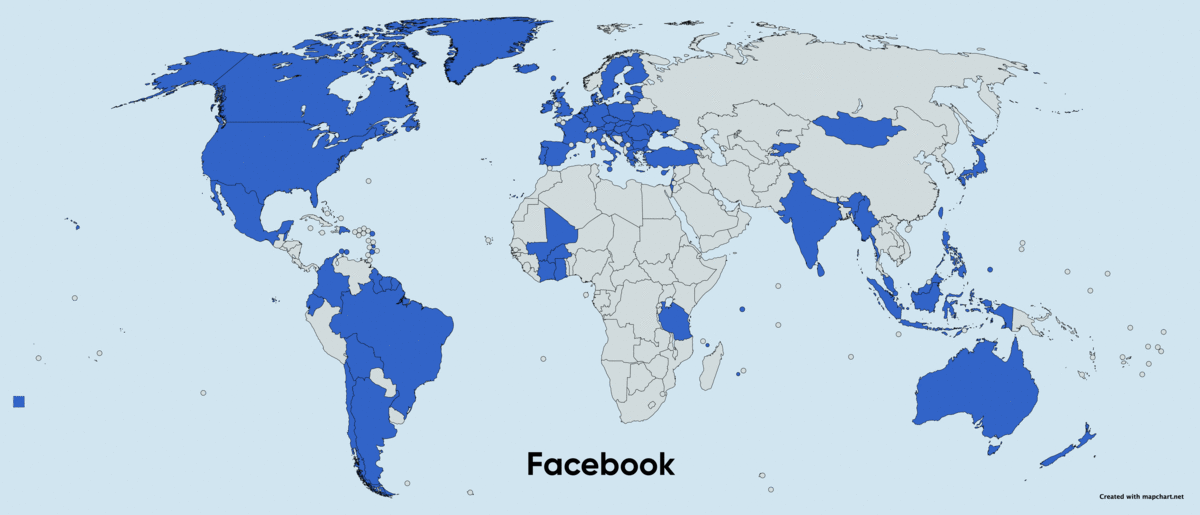
Why Facebook’s opt-out of political ads is a short-sighted solution
Facebook's announcement that users will be able to opt-out from seeing political and issue-based ads leaves many important questions unanswered.
- Opting-out of political ads does not mean opting-out of micro-targeting practices
- Users still lack meaningful transparency as to how and why they are targeted with a particular ad
- Facebook's policies do not apply equally to all of its users, with some regions and countries enjoying markedly higher transparency standards than others

Last week, Facebook announced that it would allow voters in the United States to opt out of seeing social issue, electoral or political ads from candidates in their Facebook and Instagram feeds.
Whilst Facebook’s attempt to increase the agency of users during the election period is commendable, the binary choice left to voters to either see political ads or not see them at all is a limited and short-sighted one.
Real transparency concerns are still unaddressed
Whilst Facebook enables users to see who paid for a political ad, very little is known about the dynamics behind ad targeting, which remain largely obscure. Against this background, data exploitation by social media platforms has flourished unbeknownst to users. Through practices such as micro-targeting, users can be divided into segments based on increasingly detailed and specific characteristics, such as beliefs, location, estimated revenues, and targeted by advertising especially designed to appeal to users with those characteristics. In other words, intricate and obscure processes exist behind most ads seen by the users. Unsurprisingly, the reaction by users has been overwhelmingly negative.
One thing is clear: Facebook is not transparent enough about how this targeting operates. Users aren’t informed on what base data was used to derive personality traits or other personal characteristics, where it was taken from, what inferences were made about them from that base data, and what specific inferred traits were instrumental in the user being targeted by a specific ad. While efforts have been made to provide more transparency to users, these simply do not go far enough. PI’s research has highlighted the limitations of Facebook tools in providing comprehensive information to users, and revealed the tortuous road ahead for users seeking to trace the journey of their data and take accountability into their own hands. Despite calls for Facebook to provide more information, users are none the wiser.
The absence of meaningful transparency in the context of increasingly data-driven elections is a concern for users and democracy alike. All that Facebook’s newest control solution achieves is to allow users to shield themselves from the actual manifestation of targeting, while doing nothing about the targeting itself. The option to opt-out of political ads makes it possible for the data collection and processing systems behind the ads to continue to hide in plain sight.
Facebook’s controls are not made equally available to all users
Despite having a global presence, Facebook’s approach to regulating political ads also lacks global consistency.
In most countries where it has a presence, Facebook’s transparency-enhancing tools are only optional. Whilst in some countries - such as the US, UK and EU states - it is a mandatory requirement for political advertisers to undergo a formal authorisation process prior to being able to post political ads, other countries do not benefit from platform-led authenticity or legitimacy checks.
Facebook’s unequal deployment of heightened transparency tools allows for there to be accountability winners and losers. The introduction of the opt-out of political ads, currently announced for the US only, is likely to tip the scales further in favour of the former. In relation to this new policy, Facebook states:
We’re rolling out this option in the US to start, and we’ll aim to make it available in countries where we have enforcement on ads about social issues, elections and politics later this fall.
Currently, Facebook enforcement on ads about social issues, elections and politics exists in only 37 countries. Not a single African country features in this list, even though eight general or presidential elections are foreseen to take place in the region during the second half of 2020. Latin American countries are similarly absent from this list, despite five elections being due to take place throughout 2021. Though the number of countries enjoying Facebook ads enforcement is set to expand, a timeline is yet to be announced.
While increased controls for users are a welcome development, meaningful and equal transparency for all users remains a distant outcome. We will remain vigilant until this goal is achieved.


